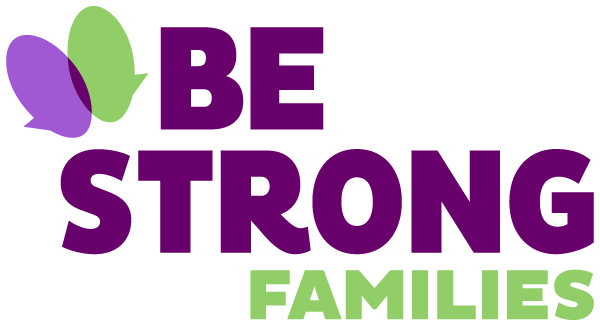Parenting a Child with Autism During the Pandemic
In our October 26 webinar for our series “Staying Strong and Positive for Ourselves and Our Children”, Literacy Programs Manager Deanne Surles and Mental Health Therapist Takara Montgomery discussed challenges and opportunities that COVID-19 has presented to Takara and her 13-year-old son, who has autism. By speaking from her own perspectives and her own unique experiences, Takara led webinar attendees in a learning experience of one individual’s journey through the pandemic with her family.
Takara is a mother of four. Her youngest son was diagnosed with autism at 13 months of age because the family noticed that he was not hitting developmental milestones and took him in to be evaluated. By being diagnosed at a young age, he was able to get support he needed early on. For Takara, it was the beginning of a journey figuring out what her son needed and what parenting a child with autism would be like.
Before the pandemic, things were going well for the family. Through trial and error, they had reached a point with her son’s routine that worked for them as a family. It was their normal, and it was a time in life they had been waiting for. When the shutdown happened in March 2020, Takara likened it to a hard punch to the chest.
It was extremely difficult for her son—and the whole family—to adjust to online schooling. Takara has made sure she is involved in and advocating for her son, his Individualized Education Plan (IEP), and ensuring that his educational needs are being met. The first step was fully understanding the IEP services that needed to be put together and translated for her son’s needs. Then it was about making herself accountable for ensuring that the school did what they needed to do. Her suggestion for other parents of children with autism or special needs was to get involved with their IEP process, ask questions about it, and insist on being a part of meetings around that process. Always ask “Are my child's needs being met?” By being their child’s advocate, parents can call out when needs are not being addressed and put things on teachers’ radars.
Takara also talked about how she has been practically and mentally dealing with the impact of education at home while she is also working full-time from home. For her this has involved swallowing her pride and being transparent with her coworkers and honest about what is going on in her family's life. Mentally, she said it comes down to accepting and owning both the situation and the fact that she is human. Once she started doing that, she was able to find herself and make sense of everything.
For Takara, support groups have been critically helpful. Before the pandemic, she had joined a group where everyone had a child with autism, and no better conversation could be had than with a group of parents who shared in the same struggles and experiences. They understood when no one else could. Once she joined the support group, she was able to get resources like Autism Speaks and EarlyOn.
For Takara, parenting a child with autism draws out the same impulse for nurturing that has motivated her with all her children. The difference—and the blessing for the whole family—is knowing that her son with autism needs an extra layer of love and nurturing, and that he knows he can rely on the entire family for that. “We want to make sure that he knows ‘We see you. You’re not invisible. We care about you. We love you, and we want you to know we’re here for you.’”
If you missed this webinar, you can access the full recording here, and if you know someone who is parenting an autistic child and needs support or resources, please share this article with them.
Article by: Andrew Hitchcock
